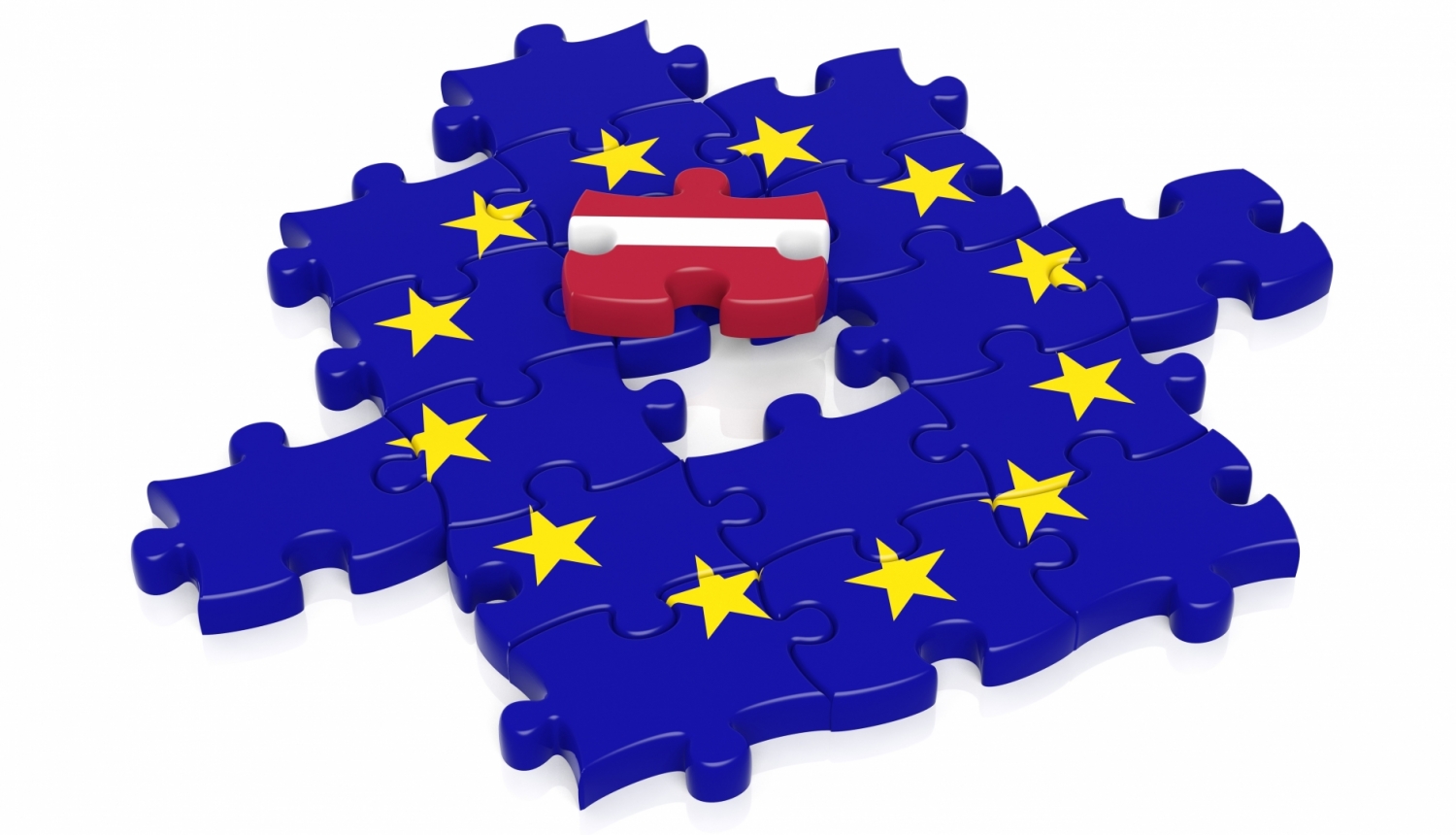Translated using ChatGPT service.
At the end of November, the new Internal Market Emergency and Resilience Act will enter into force in the European Union (EU). This act is designed to foresee, prepare for, and respond to future emergencies by coordinating responses at the EU and member state levels.
The Internal Market Emergency and Resilience Act is based on lessons learned from the COVID-19 pandemic, the energy supply crisis, and other recent emergencies. Its goal is to foresee, prepare for, and respond to emergencies in the EU internal market, protect critical supply chains, and ensure the uninterrupted free movement of goods, services, and people.
The new regulation will take effect on November 29, 2024, but its application will not begin until May 29, 2026. This transitional period allows EU member states and the European Commission time to develop the internal procedures for exchanging information and communication between EU countries and the European Commission.
Each EU member state will need to establish a central coordination office. This office will be responsible for collecting and providing information to the European Commission and other EU member states. Additionally, member states will be required to create a single contact point to inform businesses and the public about measures implemented during emergencies, such as restrictions on the free movement of goods, services, or people within the member state.
The Internal Market Emergency and Resilience Act introduces three operational modes:
- Planning Mode: EU member states must issue early warning notifications to inform other member states and the European Commission of incidents that could lead to an emergency.
- Vigilance Mode: This mode can be activated to prevent potential threats that could result in an emergency. Member states will monitor critical supply chains, and the European Commission, if necessary, may procure critical goods or services on behalf of the member states.
- Emergency Mode: This mode will be activated if a crisis causes barriers to the free movement of goods, services, or people. During this period, member states will face restrictions on adopting trade bans, and the European Commission, if necessary, may procure essential goods or services on behalf of the member states.
The act does not apply to goods and services such as medicines, medical devices, other medical countermeasures, semiconductors, energy products, financial services, or defense-related products.
For more details: EU Consilium - Internal Market Emergency and Resilience Act



